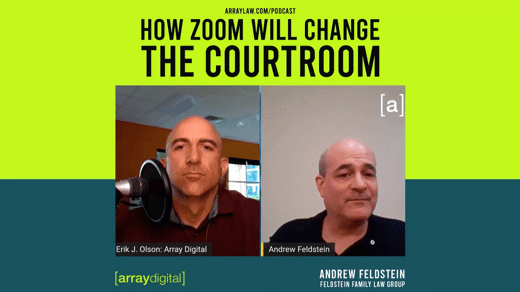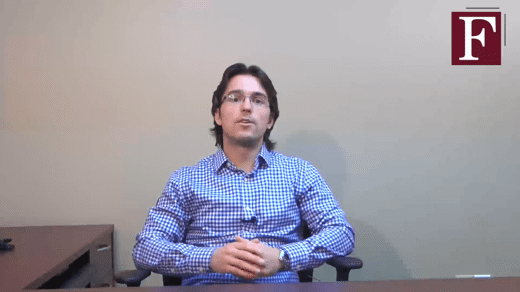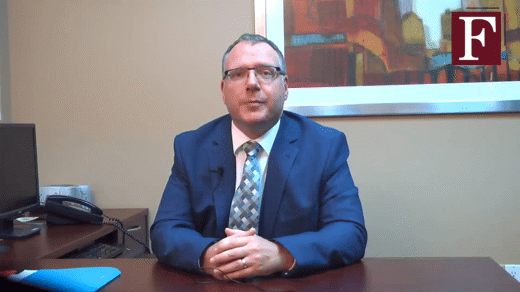Hello. My name is Andrew Feldstein of Feldstein Family Law Group. In today’s video, we’ll be discussing the steps that you can take to avoid paying your spouse twice on the same underlying asset, such as a pension or a business. This problem is also known as “double dipping” or “double recovery”.
“Double dipping” occurs when the value of an asset is divided between the spouses through an equalization process, but later on, when that asset generates an income, the spouse who owns that asset becomes liable to pay spousal support based on that income. “Double dipping” essentially gives one spouse two shots at dividing the value of the same asset, which may result in that spouse getting more than half of the value of that asset.
For example, you may own a business on the date of separation that is worth $500,000. This business is then equalized, giving each spouse $250,000. When you sell the business for $550,000 at a later date, it would be unfair for you to pay spousal support based on the entire income gained from the sale, as $500,000 was already equalized prior to the sale.
If you think this issue could come up during the separation process, it is important that you seek legal advice. A well-drafted Separation Agreement can protect you from future claims of spousal support based on the value of the asset that was already equalized. You need to make sure that your Separation Agreement not only sets out the amount of equalization owing, but that it also provides the parties’ net family property statements which show the agreed-upon value of the asset and stipulates the income triggering event that would lead to a review of your support obligations.
Although a Separation Agreement can protect your business from future claims of spousal support, you will likely be paying child support on the income gained from the sale of the business. This is because “double dipping” does not apply to child support. Unlike spousal support, child support is not affected by the property division process since equalization is paid to the spouse and not the child. In addition, a parent who is paying child support has a legal duty to maximize his or her income in order to meet the needs of the child. While it may seem unfair that “double dipping” is allowed with respect to child support, case law will sometimes require that a payor’s future income cannot be shielded from claims of child support based on the principle against “double dipping”.
For more information on how to get a Separation Agreement that suits your needs and circumstances, please visit our website at www.separation.ca, or call us at 905-581-7222 to schedule a free initial consultation. For the Feldstein Family Law Group, this is Andrew Feldstein. Thank you for watching.



